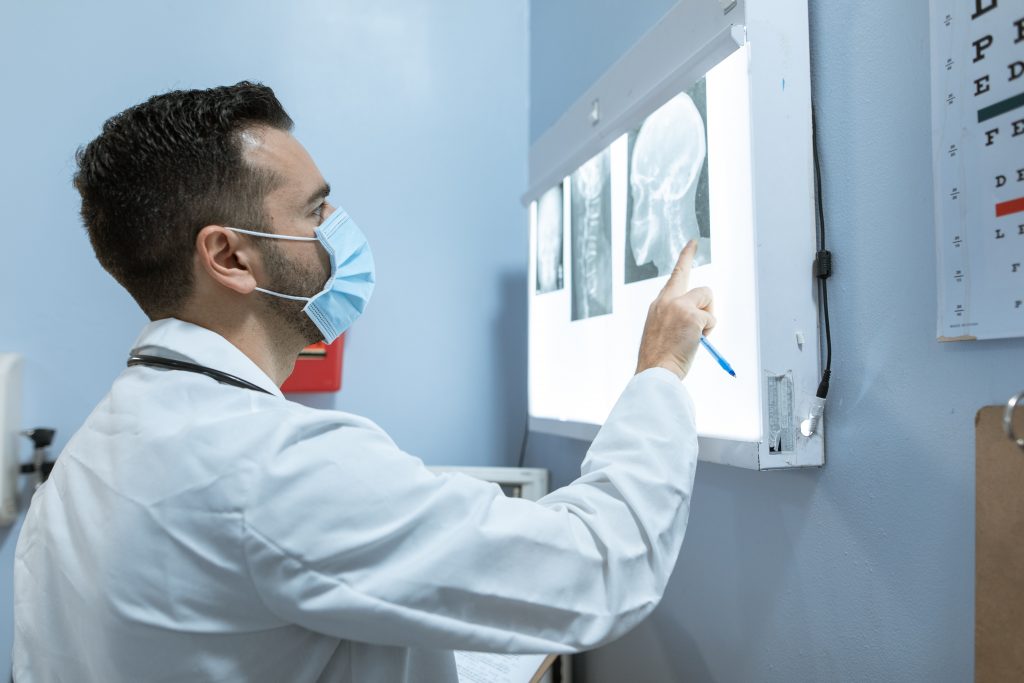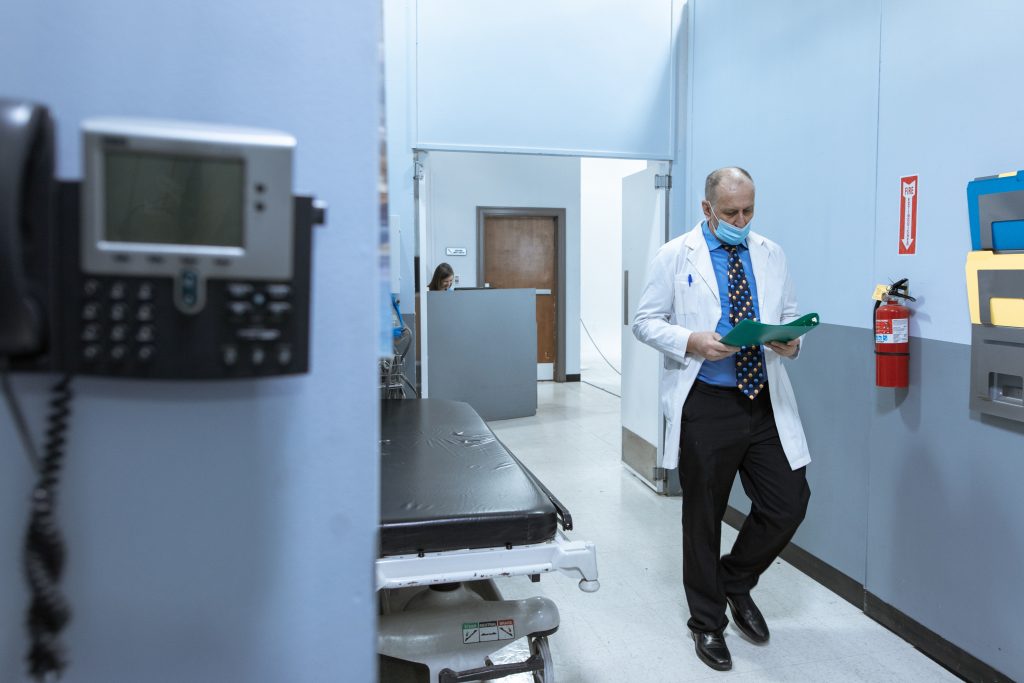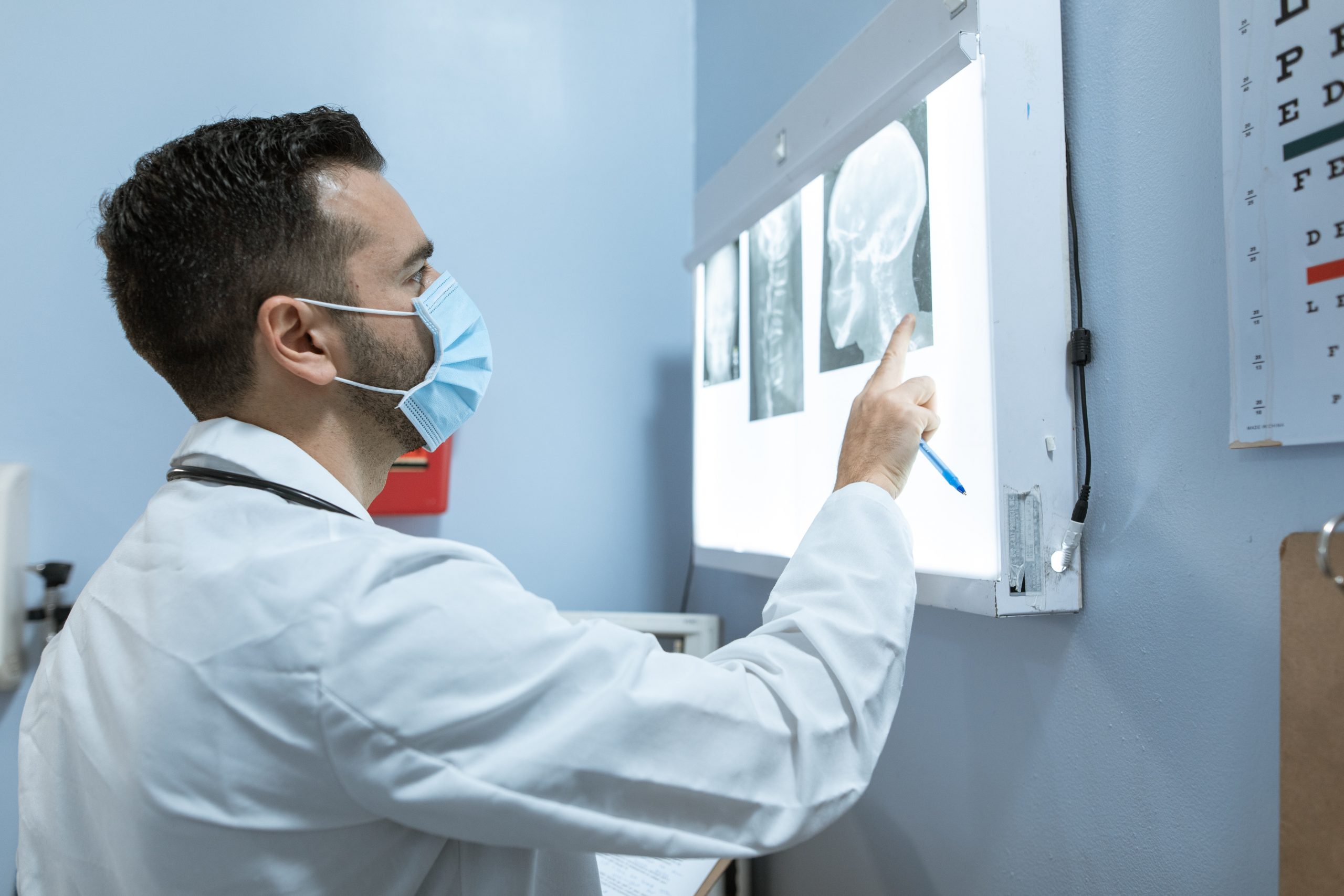Don't miss our holiday offer - 20% OFF!

Read also : Gas Sensors : Monitor the Health and Safety of Electric Motors
Good air quality is the cornerstone of human health, but air pollution can threaten the well-being of communities. In the effort to safeguard public health, health departments rely on increasingly sophisticated gas and particle sensor technology. This article will explore the vital role of these sensors in monitoring quality and how health departments use the data to take necessary actions.
Gas Sensors: Leading the Way in Air Quality Monitoring

Read also : The Role of Gas Sensors in Building Safety and Efficiency
Gas sensors are crucial components in air quality monitoring. They can detect various hazardous gases such as carbon monoxide (CO), sulfur dioxide (SO2), nitrogen dioxide (NO2), and ozone (O3). Gas sensors work by measuring the concentration of gases in the air and transmitting real-time data to health departments. This information allows health departments to identify potential air pollution risks that can affect public health.
Air Particle Sensors: Detecting Unseen Threats

Read also :How Air Pollution Sensors in Smart Cities
Small airborne particles, such as dust, smoke, and micro pollutants, can be highly detrimental to human health. Air particle sensors use sensitive sensor technology to measure the concentration of these particles in the air. With data generated by these sensors, health departments can monitor air pollution levels that can lead to respiratory issues, particularly in vulnerable individuals such as children and the elderly.
Conclusion
Accurate air quality monitoring is a crucial element in the efforts of health departments to protect public health. Gas and air particle sensors help health departments detect and measure air pollution levels that may jeopardize human well-being. The data collected by these sensors enables health departments to respond swiftly to air pollution issues, provide information to the public, and take necessary steps to maintain good air quality. With increasingly sophisticated sensor technology, we have a powerful tool to protect public health and ensure that the air we breathe is healthy.





